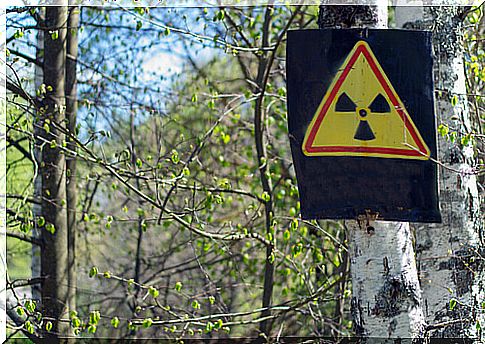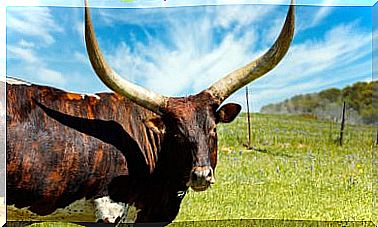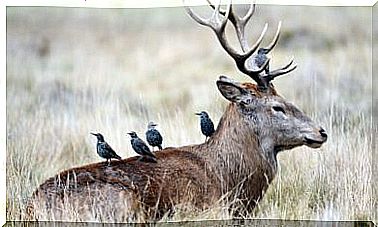What Are Environmental Agents?

There has been a lot of talk about the importance of environmental agents for maintaining balance in ecosystems. However, there are still a myriad of questions about the functions they perform and why they are considered so relevant. Next, we will try to answer the most frequent questions about environmental agents.
What are they?
It would be more appropriate to ask ourselves who are the environmental agents? Also known as environmental conservation agents, these professionals are in charge of supervising, managing and protecting areas of territory, as well as the species that inhabit them.
Their task is especially important in areas of environmental preservation, such as parks and reserves. Even so, they also act in the protection of practically all natural areas, such as national parks, forests, mountain areas and places of scientific interest, among others.
Its activities seek to ensure compliance with current regulations to preserve ecosystems, native fauna and flora. They are also responsible for identifying and monitoring the species in the environment in which they work, to promote their recognition and control of their population.
In addition, they can provide advice to public authorities and the private sector, mainly regarding the environmental impact of future projects. For example, in the evaluation of potential risks of the development of new roads within protected areas, or in the planning of structural improvements for these spaces.

What do environmental agents do in their day to day?
As we are beginning to see, an environmental agent is an essentially versatile professional. In their work routine, they can perform numerous tasks that are necessary to ensure the balance of the territory under their responsibility.
In addition to the functions already mentioned above, environmental agents are also responsible for:
- Detect and investigate environmental alterations, imbalances or threats, such as new pests and fires.
- Propose, carry out and document studies on habitats, animals, plants, landscapes and other natural elements that make up ecosystems. Their collaboration is essential in the identification of species, the registration of their habits and in their population control. They generally work in partnership with scientists and other environmental specialists.
- Control the livestock routes, as well as roads and trails that cross the managed areas.
- Report crimes and actions that put the preservation of the environment at risk (incorrect discarding or dumping of waste, illegal logging, poaching, etc.)
- Collect evidence of contamination, such as water samples, photos, and other records of environmental damage caused by human activities.
- Act together with the emergency services in the evacuation of people, mainly due to natural disasters.
- Manage the recruitment, training and supervision of the personnel involved in the protected area, including the teams of volunteers.
- Make planning and control of budgets related to facilities and personnel.
- Participate in public policies and private initiatives that aim to expand the knowledge of the population about the environment and the importance of its conservation.
- Collaborate with non-profit organizations in citizen awareness initiatives, preparation of materials and didactic proposals, as well as any recreational, educational or social use activity mainly linked to environmental protection.

What kind of knowledge should a good environmental agent have?
The requirements to act as an environmental agent may vary slightly depending on the legislation of each country. However , the most essential knowledge to perform in this profession is related to ecology, environmental preservation and veterinary care.
But this knowledge should not be summarized to the theoretical sphere, since environmental agents do permanent field work. For example, it is important to know how to recognize and differentiate in practice the traces of each species (footprints, droppings, etc.). The skills for reading and interpreting maps and plans are also highly required .
In addition, there are other skills and psychophysical aspects that complement this professional profile, such as:
- A good physical and health condition (mainly to optimize their performance in the field).
- Be predisposed and enjoy outdoor activities.
- Good adaptation to climatic variations.
- Proactivity to stay updated on environmental regulations and guidelines.
- Be an observant person, with good concentration skills and an analytical approach to objectively develop investigations.
- Communication and social interaction skills, to be in permanent contact with the population and help raise awareness.
- Have an interest in sharing knowledge and working as a team.
- Identify with the roles of educator, manager and leader, since they must perform them daily with their work teams.
Of course, all of these skills can be developed through study and practice. Likewise, it is interesting to talk with people who act as environmental agents to better understand their day-to-day life. Surely, this will help those who have an interest, but some reservations, about whether or not to pursue this profession.









